
Legal Foundations Made Simple
Early-stage entrepreneurs often underestimate the legal side of starting a business, treating concepts like incorporation, contracts and intellectual property as intimidating or optional. Legal frameworks exist to protect your business, your ideas and the people you work with. This article explains key legal foundations in plain English: how business structure influences tax, liability and fundraising; why clear contracts prevent disputes and safeguard assets; and how intellectual property protection ensures ownership of your branding, content and systems. Understanding these essentials early helps founders make informed decisions and avoid costly problems down the line.
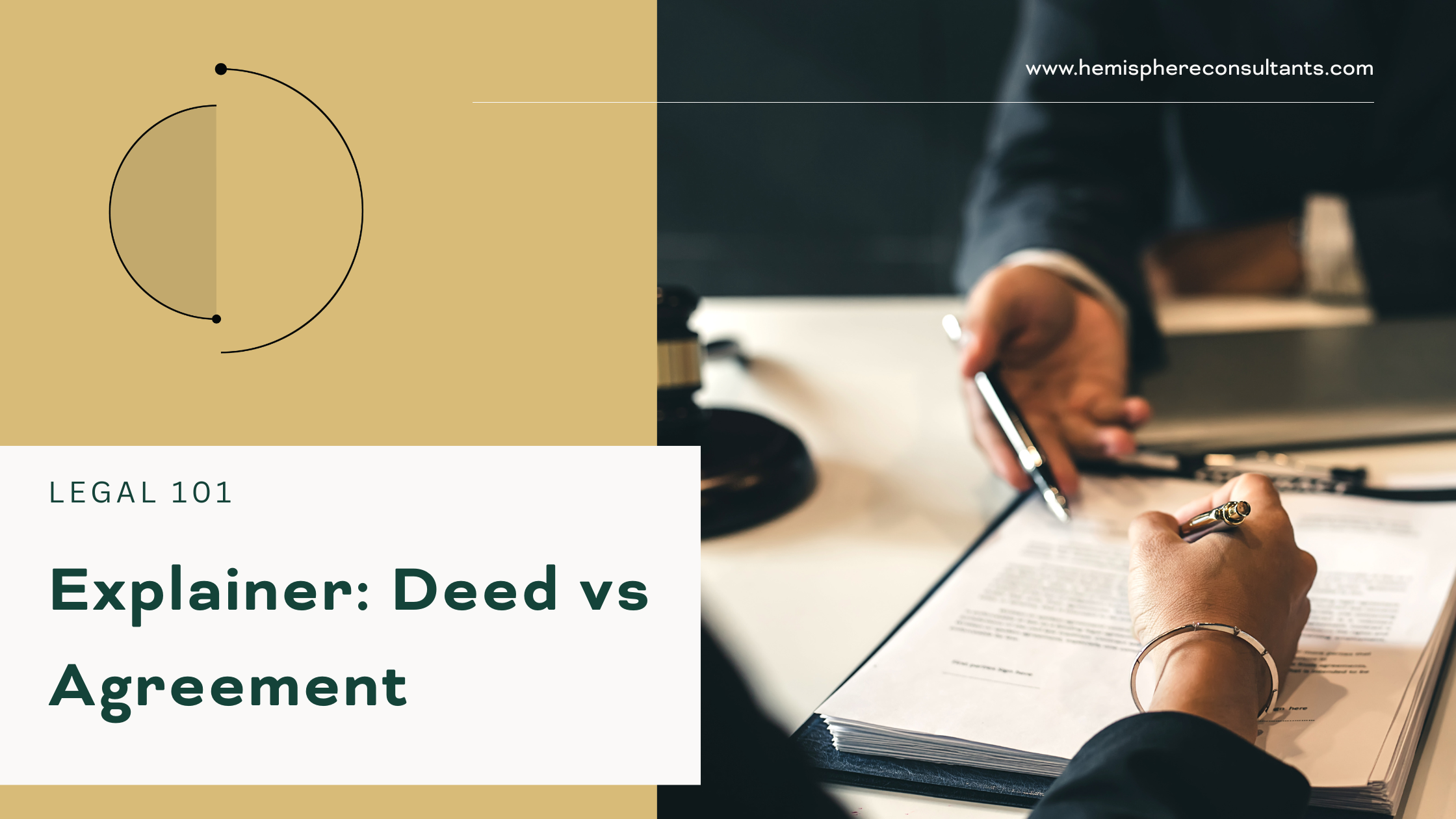
Deed vs Agreement: Understanding the difference
In the UK, the legal distinction between deeds and agreements is crucial for business, property and commercial transactions. This post breaks down their differences, uses, and legal implications.
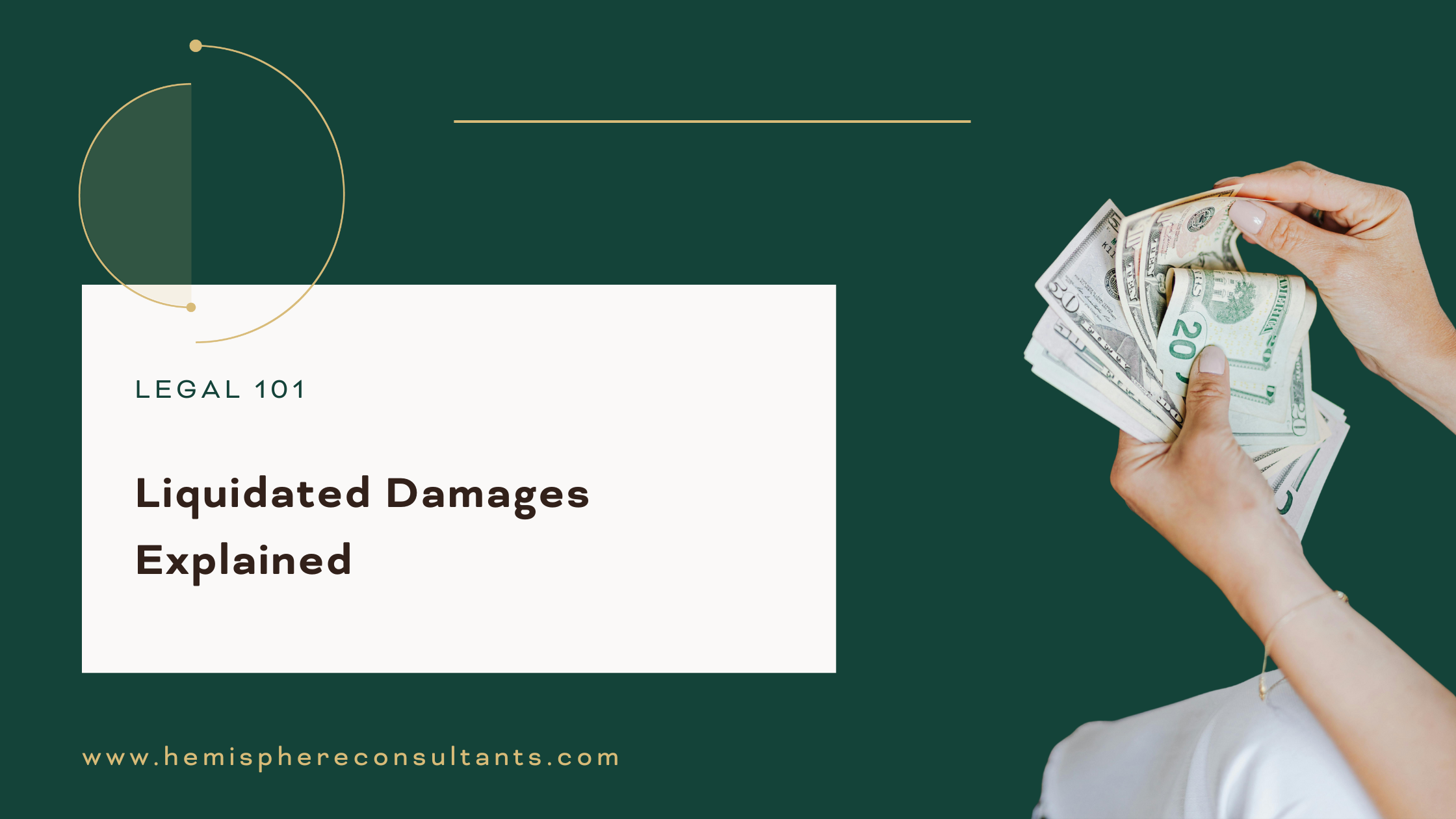
Liquidated damages Explained
Liquidated damages are a key feature of many commercial contracts, offering certainty when performance obligations aren’t met. This article explains what they are, how they work, and when they apply.
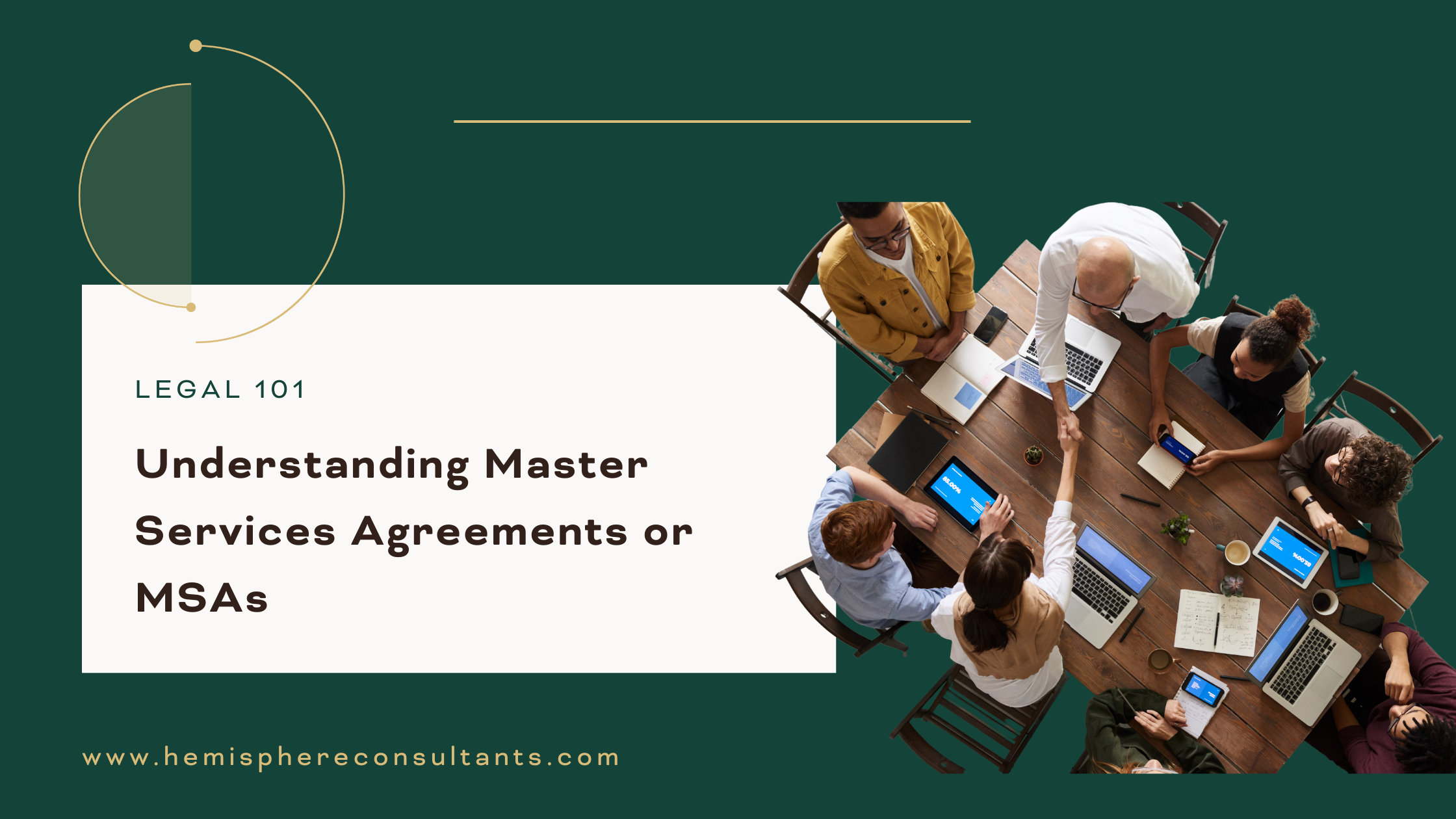
What Is a Master Services Agreement (MSA) — and Why Should Your Business Use Them?
Master Services Agreements (MSAs) cut through contract chaos. They give businesses a streamlined, repeatable framework for working with vendors or clients—reducing risk and saving time. Here’s what you need to know about how MSAs work and when to use them.

What Are Warranties and How Can Businesses Use Them?
Warranties aren’t just fine print—they’re legal tools businesses can use to manage risk, protect investments, and hold suppliers accountable. Here's how they work and when to use them.
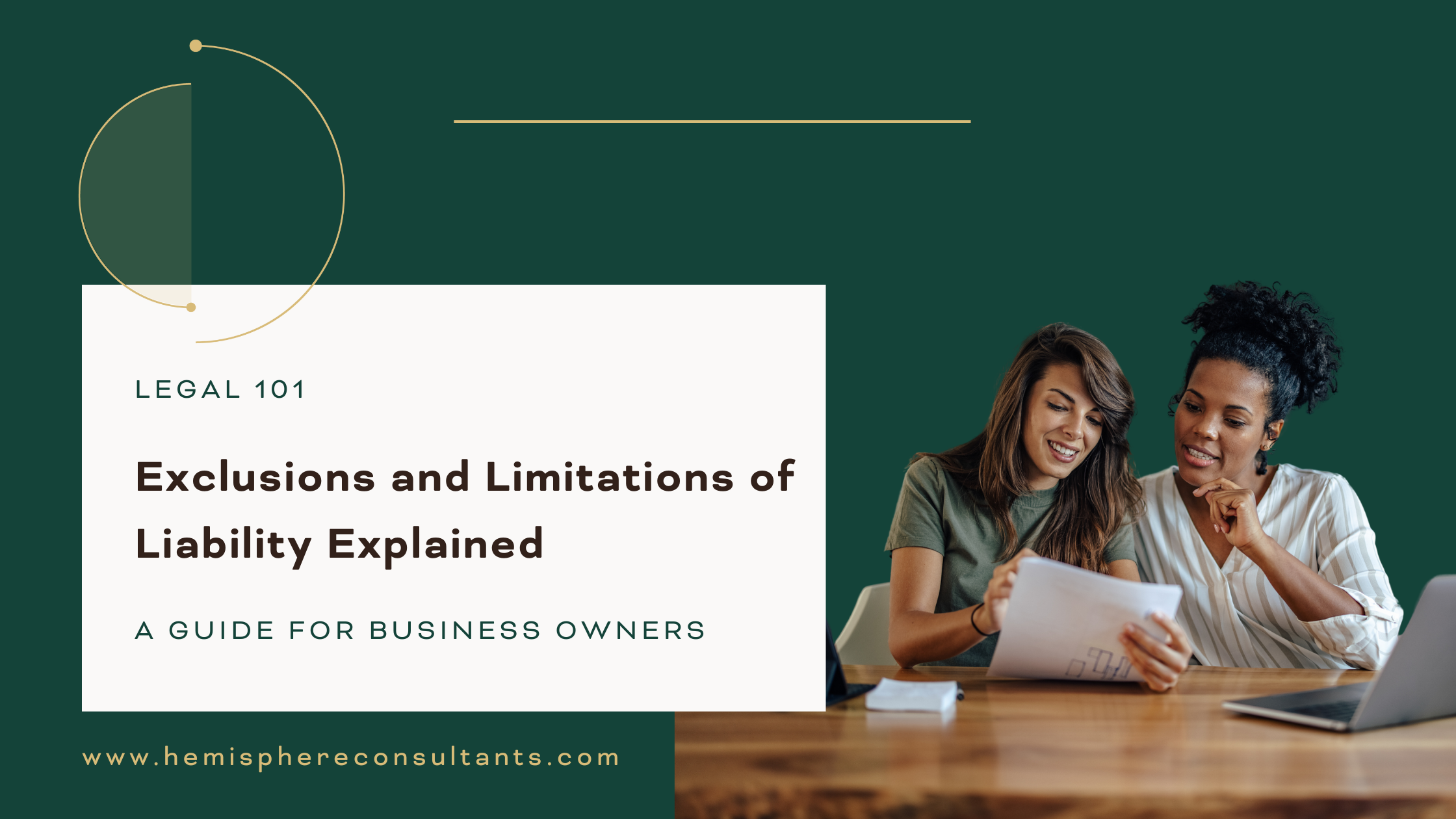
Legal 101: Exclusions and Limitations of Liability Explained
Understanding exclusion and limitation of liability clauses is crucial for protecting your business from unexpected risks. These clauses define what a party can and cannot be held responsible for in a contract. Learn how to navigate and negotiate them to safeguard your interests.
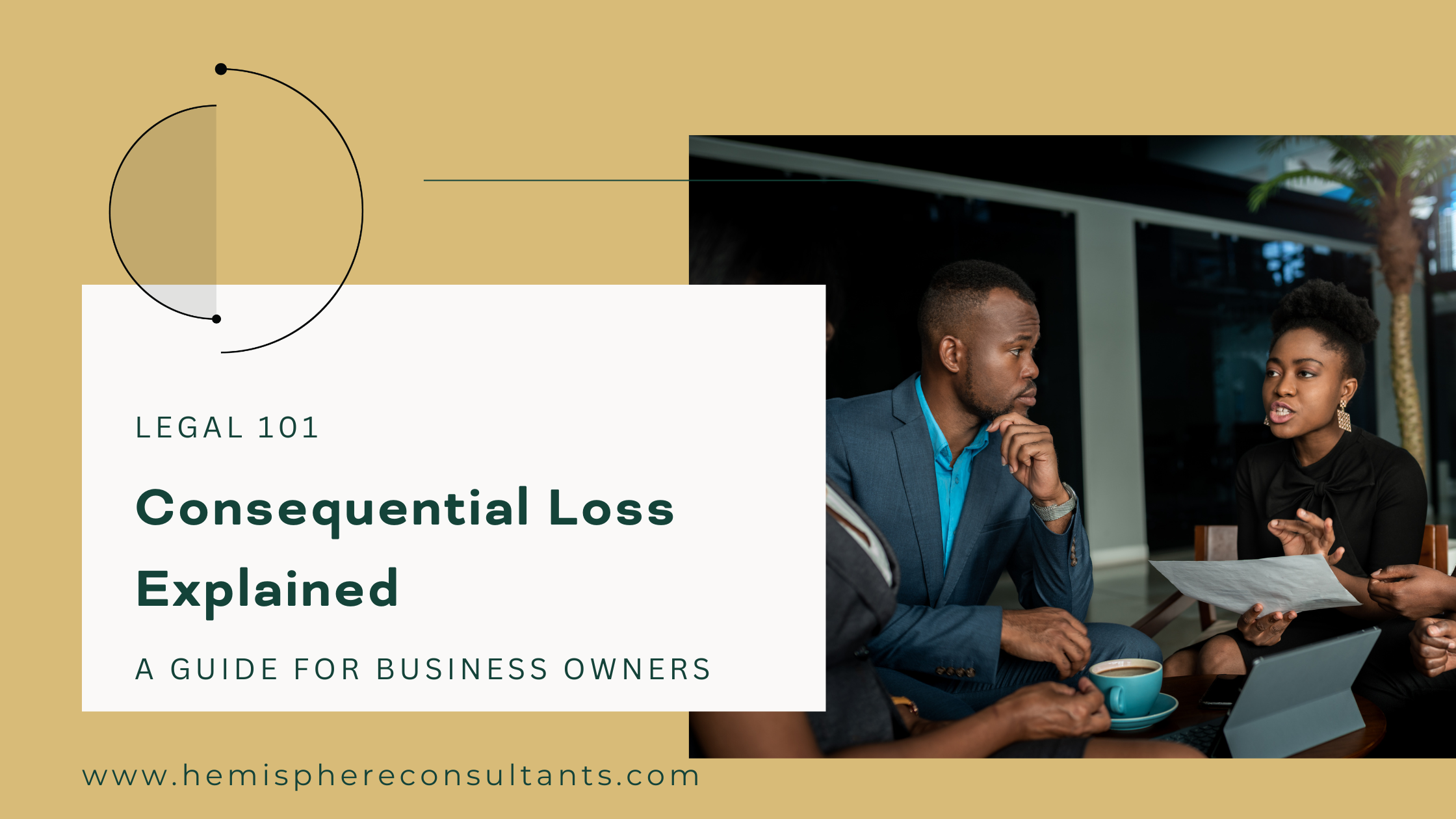
Legal 101: Consequential Loss Explained
Understanding consequential loss and exclusion clauses is vital for protecting your business in contracts. Learn how these clauses work, why they’re used, and how to negotiate them effectively.

6 Quick Checks to Do Before Signing on the Dotted Line
Before you sign any contract, ensure it’s airtight! From finalising negotiations to double-checking legal details, our quick 6-point checklist helps you avoid common pitfalls that can lead to disputes or delays. Read our latest blog to make signing on the dotted line a breeze!
